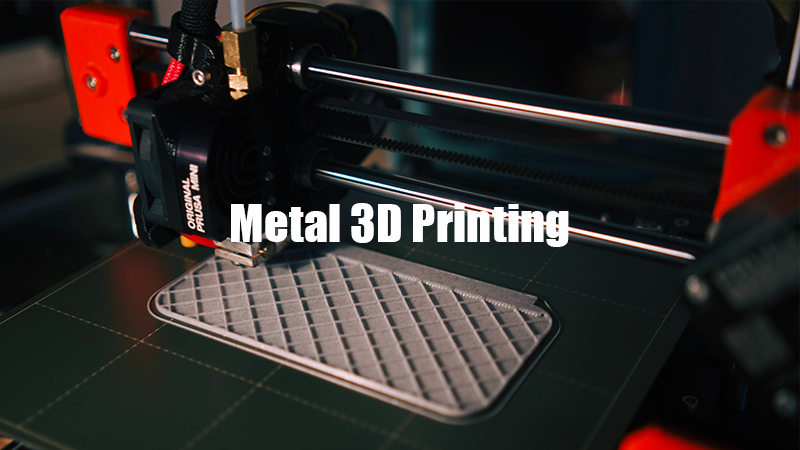IP66 and IP67 are some of the most common ratings in the electrical enclosure industry. However, the ratings provide varying degrees of protection as you will learn in this article.
In this article, we will explore some fundamental aspects about these IP enclosures – from similarities, differences, testing protocol and uses.
Let’s dive right in:
What is IP66?
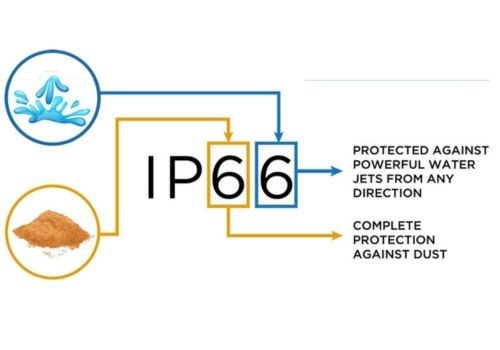
An electrical enclosure with an IP66 rating must conform to the International Electrotechnical Commission standards
The first number indicates complete protection against dust while the second one shows protection against water jets of high pressure from all directions.
What is IP67?
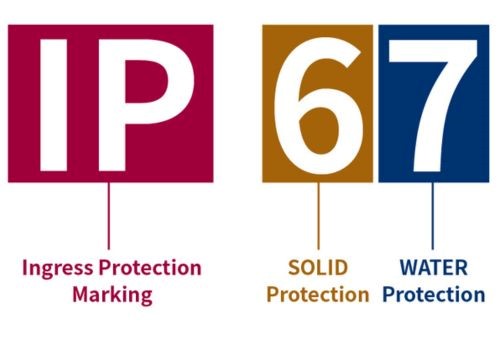
For IP67, it indicates high degree of protection against either dust or rain. The first digit 6 offers full safety for dust entry. This means that no dust particles can get into it just like IP66.
The second digit 7 signifies that the enclosure can be submerged in a meter-deep water for thirty minutes. Therefore, if you are looking for an electrical enclosure you can use in harsh weather condition, then choose IP67.
Differences Between IP66 and IP67 Enclosure Rating
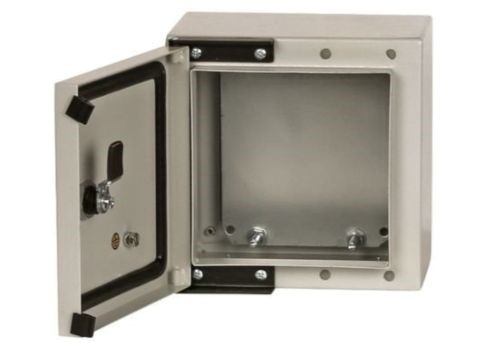
| IP66 Enclosure Rating | IP67 Enclosure Rating |
| l Protection from strong jets of water. | l Protects components against water immersion for the duration of 30 minute period when submerged in water up to one meter of depth |
| l High-pressure washers find it useful | l Desirable for temporary submersion in water |
Similarities between IP66 Enclosure Rating and IP67 Enclosure Rating
| IP66 Rating for Electrical Enclosure | IP67 Rating for Electrical Enclosure |
|
|
|
|
Level of Protection in IP66 vs. IP67
Although IP66 and IP67 both offer excellent protection, you will realize that water resistance is a key distinguishing factor.
IP66 designed to hold out strong jets of water can’t be compared with IP67 that survive temporary immersions in water.
IP66-rated Enclosures
You can use these enclosures in harsh environments that are subject to torrential rains as well as powerful cleaning operations.
Such enclosures can tolerate in-direct splashes from high-pressure washers without letting water seep into them and hence, safeguard delicate electric circuitry contained therein.
IP67 Electrical Enclosure
For IP67, you can use these electrical enclosures in areas that may have temporary submersion due to flooding or accidental water entry.
These are water resistance for brief periods under water without penetration, allowing machines to work properly even if immersed.
Testing for Water Resistance in IP66 and IP67 Electrical Enclosure
The water resistance for IP66 and IP67 is tested in different ways to meet their respective standards.
IP66: A nozzle is used to direct strong water jets towards the enclosure from a distance of 3 meters at a flow rate of 100 liters per minute for 3 minutes with a size of 12.5 mm. This test imitates scenarios where the box is likely to be subjected to intense washing pressures or heavy rains.
IP67: In this experiment we put the enclosure underwater at 1meter depth for half an hour. This check is necessary for such situations when the enclosure can be placed into water for some time but it should stay dry inside.
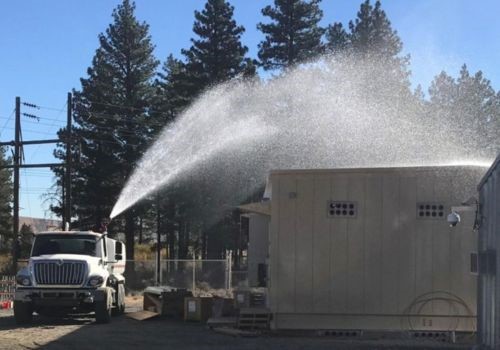
Where to use IP67 and IP66 Electrical Enclosure
The choice that you should make between IP66 and IP67 enclosures will be dependent upon the particular conditions within which they will be placed and the needs they are meant for:
Where you can use IP66 Enclosure
These electrical enclosures are suitable for outdoor applications. That is, in areas where dust and high-pressure water damage electrical components.
You may consider these enclosures in industrial wash-down areas, outdoor installations and agricultural settings. Moreover, they go along well with applications which recommend high-pressure water jets during regular cleaning exercises, hence keeping the components inside protected from water ingression and dust.
Where you can use IP67 Enclosure
These enclosures are useful where temporary water immersion is likely to occur, like certain marine applications, outdoor junction boxes and flood prone areas.
They protect against temporary water immersion, which ensures equipment stay operational even they are submerged under water.
FAQ
Does IP66 provide complete waterproof protection?
IP66 does not offer full waterproof protection. It protects against powerful water jets but not submersion in water. It is meant for locations where the enclosure could be hit by strong rainfalls or cleaned by better pressure jets from any direction.
Is IP67 truly waterproof?
IP67 certification guards against temporary water submersion in depths of up to 1 meter for 30 minutes, hence it’s briefly waterproof when dipped inside water. However, it’s not meant for constant immersion under water.
Conclusion
As you can see, both IP66 and IP67 offer perfect electrical protection for in most adverse weather conditions. However, IP67 enclosure offers better protection.
At KMD, we design and fabricate electrical enclosures with different IP rating depending on our clients’ request. For more inquiry about our electrical enclosures, contact us now.



